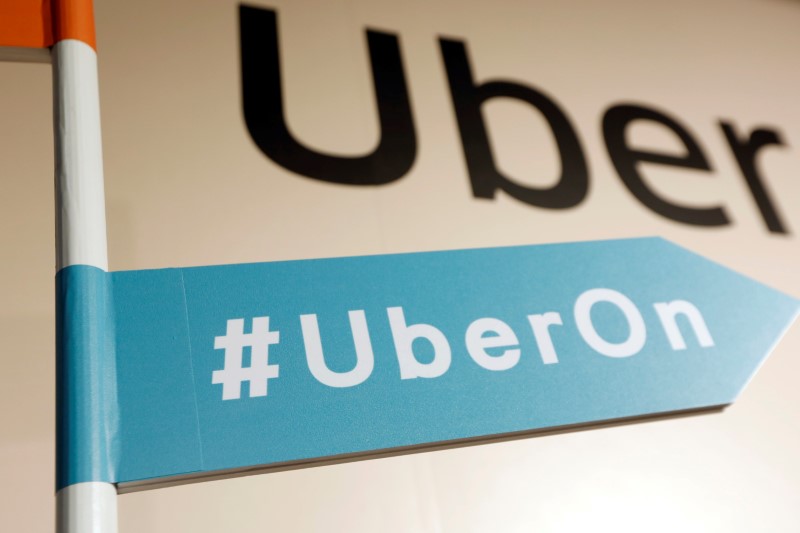JPMorgan’s Dimon weighs in on potential Fed chair candidates
By Geoffrey Smith
Investing.com -- Uber (NYSE:UBER) stock fell modestly in premarket after the ride-hailing company announced massive writedowns of its investments in Asia and self-driving, pushing it to a $5.9 billion net loss in the first quarter.
The company made impairments totaling $5.6 billion related to its investments in Chinese peer Didi Global, Southeast Asian peer Grab and Aurora, into which it spun off its self-driving technology operations in 2020.
It also booked $359 million in costs related to stock-based compensation.
However, the group was upbeat about developments in its core mobility and food delivery businesses, in stark contrast to rival Lyft (NASDAQ:LYFT), whose stock fell 27% in after-hours trading on Tuesday after it warned of higher costs for getting drivers back on to the streets. Uber stock had initially fallen 4% in sympathy, but had already largely recovered by the time it reported its own earnings.
Revenue more than doubled to $6.9 billion, reflecting the much stricter level of lockdowns in its core markets a year ago. Gross bookings for taxi rides rose 58% from a year earlier, while food delivery bookings were up 12%.
The company also said the current quarter is progressing a little better than analysts expected. It expects gross bookings of $28.5-29.5 billion in the three months through June, while it sees adjusted EBITDA, a rough measure of underlying operating profitability, at $240-$270 million. The midpoint of that range is about 2% higher than consensus forecasts.
Uber chief financial officer Nelson Chai said in a statement accompanying the quarterly earnings that, "With free cash flow approaching breakeven in Q1, we now expect to generate meaningful positive free cash flows for full-year 2022.”
The company had negative free cash flow of only $47 million in the quarter, a sharp improvement from last year, when it hemorrhaged $635 million.
